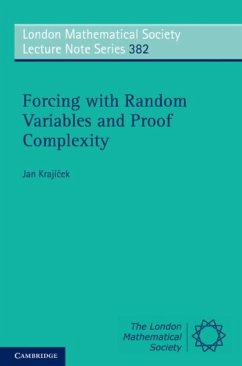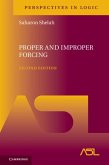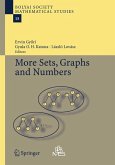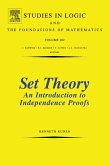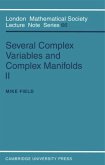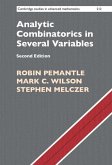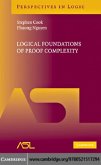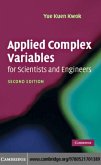This book introduces a new approach to building models of bounded arithmetic, with techniques drawn from recent results in computational complexity. Propositional proof systems and bounded arithmetics are closely related. In particular, proving lower bounds on the lengths of proofs in propositional proof systems is equivalent to constructing certain extensions of models of bounded arithmetic. This offers a clean and coherent framework for thinking about lower bounds for proof lengths, and it has proved quite successful in the past. This book outlines a brand new method for constructing models of bounded arithmetic, thus for proving independence results and establishing lower bounds for proof lengths. The models are built from random variables defined on a sample space which is a non-standard finite set and sampled by functions of some restricted computational complexity. It will appeal to anyone interested in logical approaches to fundamental problems in complexity theory.
Dieser Download kann aus rechtlichen Gründen nur mit Rechnungsadresse in A, B, BG, CY, CZ, D, DK, EW, E, FIN, F, GR, HR, H, IRL, I, LT, L, LR, M, NL, PL, P, R, S, SLO, SK ausgeliefert werden.
Hinweis: Dieser Artikel kann nur an eine deutsche Lieferadresse ausgeliefert werden.

